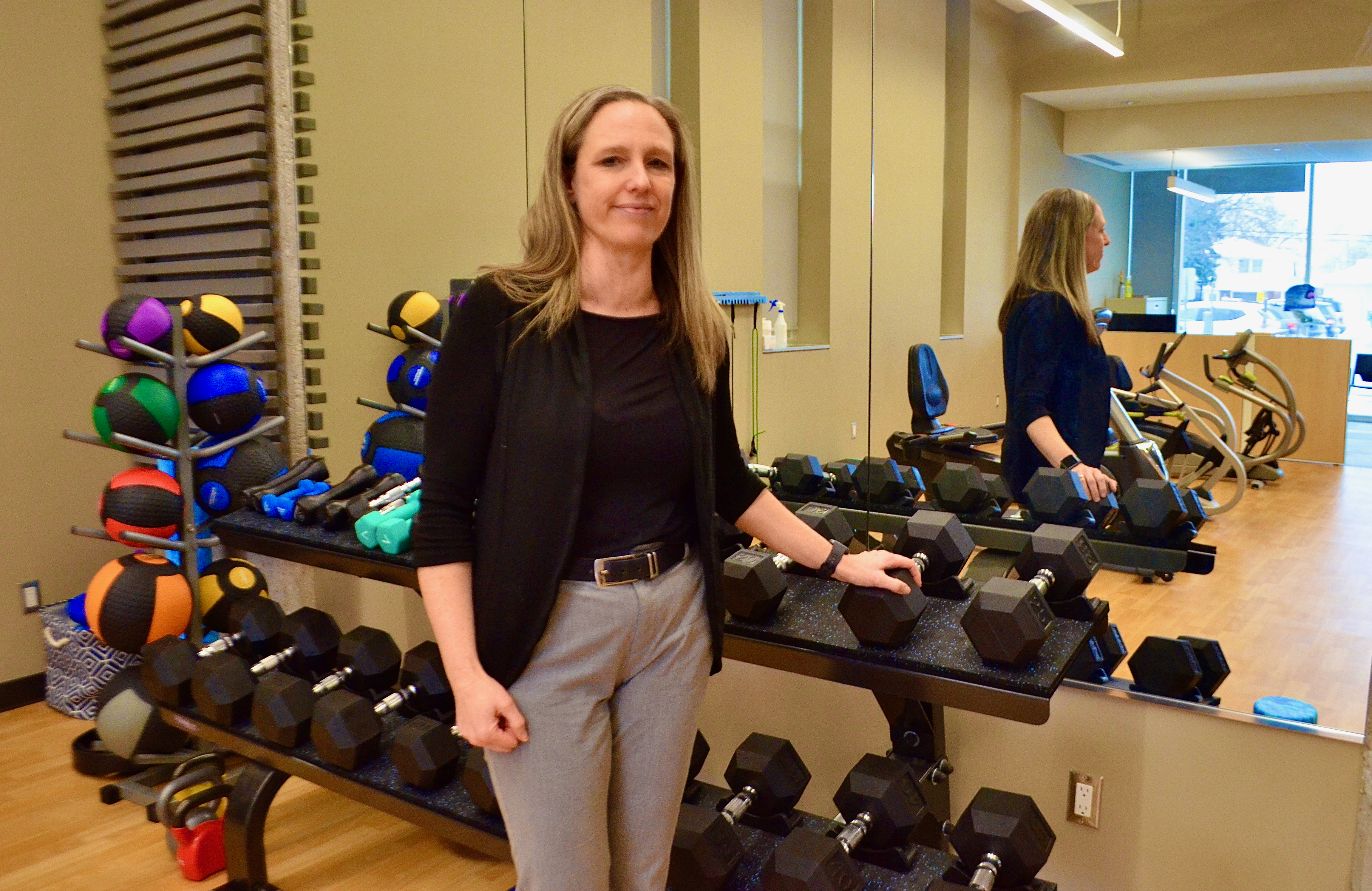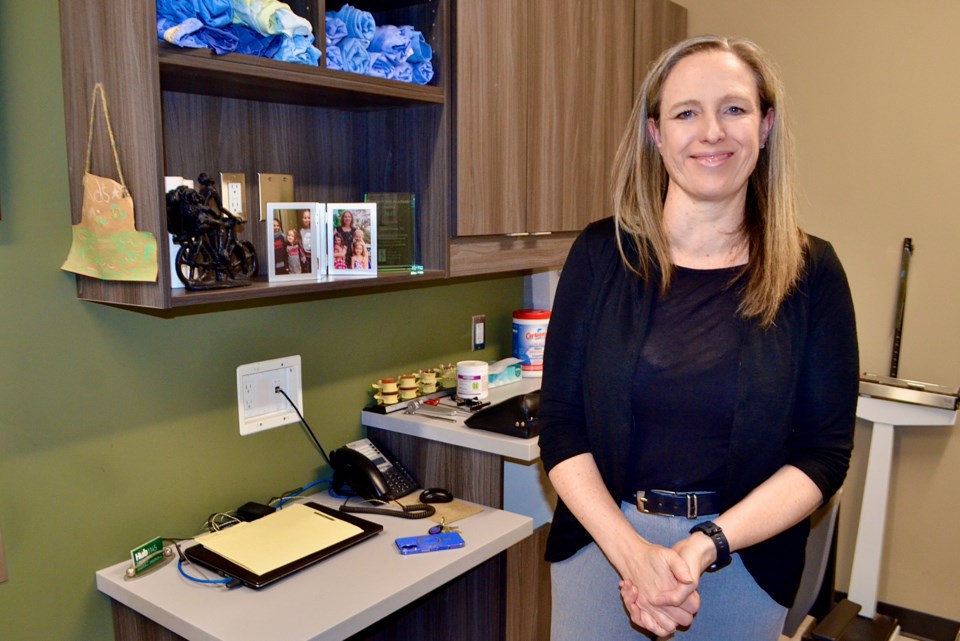Cambridge chiropractor Dr. Amy Brown is seeing positive results from a new program called Health2Work that helps injured Ontario Works recipients overcome health barriers and break the cycle of poverty and unemployment.
“I think there is a bit of an assumption that people who aren’t working are maybe choosing not to work when the reality is that, for a number of people that isn’t the case at all,” said Brown.
“They would love to be working but they are caught in a cycle because they can’t pursue care for an injury and if they don’t solve the problem they can’t work.”
Many of Brown’s patients are struggling with injuries that are, in fact, work related.
“It wasn’t managed well,” she said. “Whether they weren’t encouraged to pursue a WSIB case, or they just didn’t have support and the health literacy to find the right resources, then it got to the point where they weren’t able to continue to do their work and that is particularly frustrating.”
The problem is compounded by poverty.
“There are a number of people receiving support from Ontario Works that are unemployed because they have injuries,” said Brown.
“They aren’t working which means they don’t have benefits and they have limited incomes so they can’t afford to pay-out-of-pocket for care to help address those issues.”

Musculoskeletal (MSK) conditions such as back, neck and shoulder pain have been identified as the leading causes of disability in Canada.
People who qualify for the Health2Work program are entitled to 10 sessions with a chiropractor.
“The goal of this program is to help people address those MSK issues,” said Brown.
“We identify what those issues are and help find a management plan to get them back on track.”
The program is available to people in Waterloo region who are receiving OW or a non-disabled family member on ODSP, Ontario Disability Support Program.
“It’s a referral from their case worker that brings them into the program,” said Brown. “So, as long as you are receiving support from Ontario Works, and you have an injury that would be suitable for a referral then the case worker makes the referral and that is passed on to a chiropractor.”
Brown and three other chiropractors helped pioneer the program from the newest wing at the Langs Community Health Centre in Cambridge.
“It started as a pilot back in 2018 and we did a bit of a study of it as we implemented it to look at the processes and make sure that what we were doing was effective and helpful,” said Brown.
“In 2024, we were able to take the findings from that, refine our process and use that to expand the program to patients in Cambridge, Kitchener, and Waterloo.”
Treating the injury is only part of the program’s goals.
“Obviously the care is an important piece of that puzzle but another component that I think is really interesting and important is that we have conversations about what their employment plan is and help with decisions around that plan,” said Brown.
“Sometimes that plan might not make sense given the injury that they have. We can provide some insight that helps with their decision making and caseworkers don’t have that knowledge base to have that conversation.”
Getting the proper treatment and finding work that won’t aggravate their condition or lead to them re-injuring themselves can also reduce their dependency on pain medication.”
“I don’t think a lot of people understand that the gateway to a significant portion of drug use is actually prescription drugs and some of that prescription drug use comes from people who don’t have access to care like this,” said Brown.
“Some of our early work shows that people receiving these services have less prescriptions and less use of things like that.”
She is careful, however, not to draw too many conclusions until more data is collected and more research is done.
“Our early research shows relationship not necessarily causality,” said Brown. “You have to be very careful about that but there is definitely a component to accessing the right care and minimizing use of things like that.”
Response to the Health2Work program has been positive but, Brown, who has been practicing in Cambridge for more than 23 years, has a biochemistry degree and is a consultant to the Ontario Chiropractic Association knows the importance of evidence-based research.
“It’s nice if people like what we’re doing and if it makes people feel good that’s great, but we live in a world where we need data and information to drive change,” she said.
“Things cost money and we have to show the value in them. Coming from that framework and understanding is definitely helpful.”




